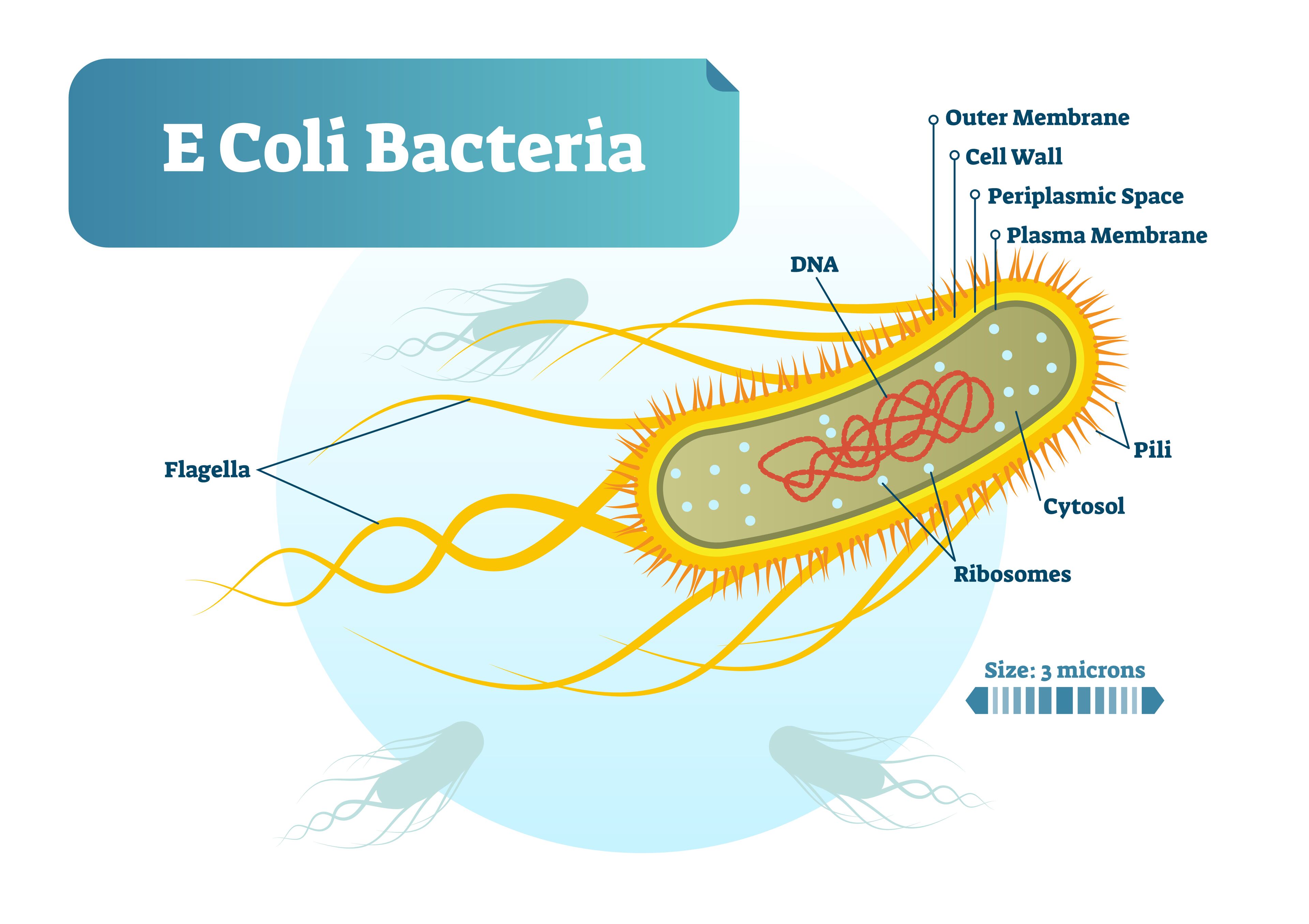E.coli outbreak grows but source of contaminated ground beef unknown

The E.coli outbreak linked to ground beef and concentrated in the Southeast continues to grow and has spread to several more states, health officials announced Tuesday.
The number of people sickened now stands at 156 in 10 states, according to the Centers for Disease Control and Prevention. That's up from 109 cases in six states on April 12.
Authorities have not yet located the source — such as a farm, store or restaurant — of the contaminated beef.
And, so far, the CDC is not advising the public to stop eating ground beef or that retailers and restaurants stop selling it. It is, however, emphasizing the importance of safely handling and thoroughly cooking ground beef.

The current outbreak is linked to a strain known as E.coli 0103. While considered serious, it’s less likely to cause the severe illness, kidney failure and death that E.coli 0157 did last year. Outbreaks of E.coli 0103 — which can lead to stomach cramping, vomiting and diarrhea — are relatively uncommon, but this current one is the largest on record.
Since March 1, 65 people have fallen ill in Kentucky, 41 in Tennessee, 33 in Georgia, eight in Ohio, three in Florida and two in Virginia. Illinois, Indiana, Minnesota and Mississippi have each reported one case. Twenty people have been hospitalized in this outbreak, but no deaths have been reported.
MORE: Five tips for training for the AJC Peachtree Race
MORE: Five simple things you can do for the environment and your health
The agency offered tips for avoiding the bacteria, advising people to thoroughly wash counter tops, cutting boards, plates and utensils that touch raw meat with hot, soapy water or a bleach solution to prevent contamination.
Hamburgers and mixtures like meatloaf also should be cooked until they reach an internal temperature of 160 degrees, to kill harmful germs.
Symptoms of E.coli infection usually begin three or four days after consuming the bacteria. Most people recover within a week. The CDC recommends that those who develop symptoms of E.coli infection contact their doctors as soon as possible.
The CDC also recommends a number of other steps to reduce risk of exposure to E.coli, such as careful hand washing, rinsing fruits and vegetables, and avoiding unpasteurized dairy products and unpasteurized juices.


